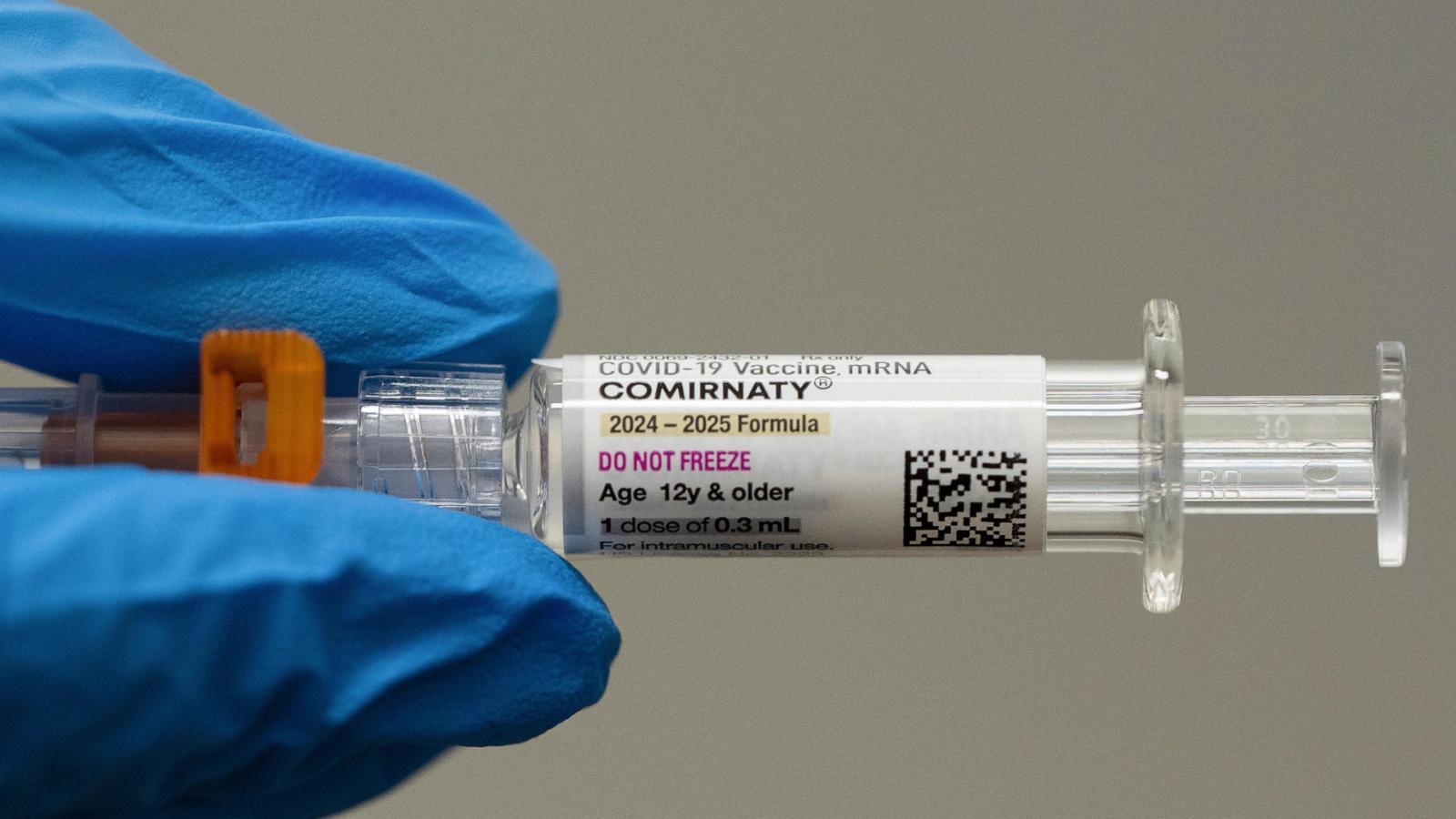
As we age, maintaining good heart health becomes increasingly vital to ensure a vibrant and active life. However, recent studies and reports indicate a concerning trend: many seniors are neglecting essential steps to protect their cardiovascular well-being. Understanding these gaps and learning practical strategies can make a significant difference in preventing heart disease and promoting longevity.
The Growing Concern About Neglecting Heart Health in Seniors
According to a revealing study by U.S. News & World Report,
many seniors are missing out on vital preventive measures, often due to lack of awareness, perceived invincibility, or health-related complacency. This neglect elevates the risk of heart attacks, strokes, and other cardiovascular complications, which could otherwise be mitigated with timely intervention and lifestyle modifications.
Understanding the Risk Factors and Challenges Faced by Seniors
Common Risk Factors for Heart Disease in Older Adults
- High blood pressure (hypertension): Often silent, yet it causes significant strain on the heart and arteries.
- High cholesterol levels: Contribute to plaque buildup, narrowing arteries and reducing blood flow.
- Diabetes: Amplifies the risk of cardiovascular disease if unmanaged.
- Obesity and sedentary lifestyle: Lead to increased strain on the heart and vascular system.
- Smoking and excessive alcohol consumption: Damage blood vessels and reduce oxygen supply.
Challenges and Barriers to Maintaining Heart Health
Older adults often face several barriers that hinder their ability to maintain a healthy heart:
- Limited access to healthcare resources or regular check-ups
- Inadequate knowledge about preventive measures
- Mobility issues that restrict physical activity
- Psychological factors such as depression or loneliness affecting motivation
- Financial constraints limiting access to medications or healthy foods
Key Steps to Prevent Heart Neglect and Protect Your Heart
1. Regular Health Screenings and Medical Check-ups
Routine screenings are essential for early detection and management of risk factors. Seniors should prioritize annual check-ups that include:
- Blood pressure monitoring
- Cholesterol level assessment
- Blood sugar testing
- Electrocardiograms (ECGs) if recommended by your physician
Early diagnosis allows for timely intervention, which can significantly reduce the likelihood of serious cardiovascular events.
2. Adopt a Heart-Healthy Diet
Nutrition plays a crucial role in maintaining cardiovascular health. Incorporating the following dietary habits can make a substantial difference:
- Focus on fruits, vegetables, whole grains, and lean proteins.
- Limit intake of saturated fats, trans fats, and cholesterol-rich foods.
- Reduce salt consumption to manage blood pressure.
- Limit processed foods and sugary beverages.
- Consider heart-healthy fats such as those from fish, nuts, and olive oil.
Consulting with a registered dietitian can provide personalized guidance suited to individual health needs.
3. Maintain Physical Activity Levels
Physical activity is paramount in strengthening the heart and improving circulation. Seniors should aim for at least 150 minutes of moderate exercise per week, such as:
- Walking or jogging
- Swimming or water aerobics
- Yoga or tai chi for flexibility and balance
- Strength training with light weights
Always consult with a healthcare provider before starting any new exercise regimen, especially if there are underlying health conditions.
4. Manage Stress and Mental Well-being
Chronic stress can negatively impact heart health by increasing blood pressure and hormone levels. Techniques to manage stress include:
- Mindfulness meditation
- Deep breathing exercises
- Engaging in hobbies and social activities
- Maintaining strong social connections and support networks
Addressing emotional health is as vital as physical health in comprehensive heart disease prevention.
5. Avoid Tobacco and Limit Alcohol
Tobacco use significantly accelerates arterial damage and elevates the risk of heart disease. Conversely, excessive alcohol intake can also lead to high blood pressure and irregular heart rhythms. Recommendations include:
- Quitting smoking with support from healthcare providers
- Limiting alcohol consumption to moderate levels or abstaining altogether
6. Medication Compliance and Monitoring
Many seniors are prescribed medications for cholesterol, blood pressure, or other conditions. Consistent adherence to prescribed regimens can prevent complications. Regularly review medications with your healthcare provider and report any side effects or concerns.
Empowering Seniors for Better Heart Health
Prevention is the cornerstone of reducing cardiovascular risks among seniors. Education about lifestyle modifications, coupled with proactive healthcare, can immensely impact quality of life and longevity. Family members and caregivers should also play a supportive role in encouraging healthier habits and regular medical appointments.
Conclusion
While it is evident that many seniors are neglecting crucial steps in protecting their heart health, awareness and action can turn the tide. By prioritizing regular screenings, adopting nutritious diets, staying physically active, managing stress, avoiding harmful substances, and ensuring medication adherence, seniors can significantly lower their risk of heart disease. Preventive care is an investment in your future—one that pays dividends in vitality and well-being.
Remember: Consistent effort and community support are key to a heart-healthy senior lifestyle. Don’t wait for symptoms—act now to safeguard your heart health.
For more updated news please keep visiting Prime News World.








